The recent experiment investigating the effects of alpha brainwave music on learning efficiency has yielded unexpected results, challenging popular assumptions about this widely promoted auditory intervention. Conducted by a team of neuroscientists at Stanford University, the carefully designed study failed to demonstrate any measurable improvement in cognitive performance or information retention among participants exposed to alpha-frequency music during learning sessions.
Contrary to widespread belief in educational circles, the experimental data showed no statistically significant difference between the control group and those listening to specially composed alpha wave music. Lead researcher Dr. Elena Markov expressed surprise at the findings, noting that "the complete absence of positive effects contradicts numerous anecdotal reports and smaller-scale studies that have fueled the alpha wave music industry." The team employed rigorous double-blind protocols and standardized cognitive assessments to eliminate potential biases that might have affected previous research.
The study involved 300 participants across various age groups, each undergoing identical learning modules under different auditory conditions. Sophisticated EEG monitoring confirmed that the music did successfully induce alpha brainwave patterns (8-12 Hz) in listeners, yet this neurological change failed to translate into improved learning outcomes as measured by immediate recall tests, problem-solving tasks, and long-term retention evaluations conducted one week later.
Educational psychologists are now reevaluating the theoretical foundations behind brainwave entrainment for cognitive enhancement. Professor Michael Chen from Harvard's Graduate School of Education suggests that "the assumed connection between alpha states and learning may represent an oversimplification of complex neurological processes." His analysis points to emerging evidence that productive learning engages multiple brainwave frequencies simultaneously, potentially explaining why artificially isolating alpha waves proved ineffective.
The commercial brainwave music industry, valued at over $200 million annually, has traditionally marketed these audio products as scientific tools for concentration and memory. However, this new research raises serious questions about their efficacy. Consumer advocacy groups are calling for more transparent labeling, while several school districts have temporarily suspended purchases of alpha wave music programs pending further investigation.
Interestingly, the study did uncover an unexpected placebo effect among participants who believed in the power of alpha music before the experiment. These individuals self-reported higher concentration levels despite objective measurements showing no actual performance improvement. This finding suggests that any benefits observed in real-world settings may stem from psychological factors rather than neurological mechanisms.
Neuroscience experts caution against completely dismissing brainwave music based on a single study, but agree that the results demand a reassessment of prevailing assumptions. Dr. Markov's team is now planning follow-up research to investigate whether combining alpha frequencies with other wave patterns might produce different outcomes, or if individual neurodiversity plays a greater role than previously recognized in how people respond to auditory brainwave stimulation.
The failed experiment has sparked broader discussions about the commercialization of neuroscience findings and the premature application of incomplete research in educational products. As the scientific community digests these results, educators are advised to focus on proven learning strategies while awaiting more definitive evidence about the potential (or lack thereof) of brainwave music as a cognitive enhancement tool.
This development serves as a reminder that in the rapidly evolving field of educational neuroscience, well-marketed ideas often outpace solid evidence. The Stanford study demonstrates the importance of rigorous, large-scale testing before adopting neurological interventions in learning environments, regardless of how intuitively appealing they may seem.

By Jessica Lee/Apr 14, 2025

By Joshua Howard/Apr 14, 2025

By Rebecca Stewart/Apr 14, 2025

By Michael Brown/Apr 14, 2025

By Laura Wilson/Apr 14, 2025

By Michael Brown/Apr 14, 2025

By Thomas Roberts/Apr 14, 2025
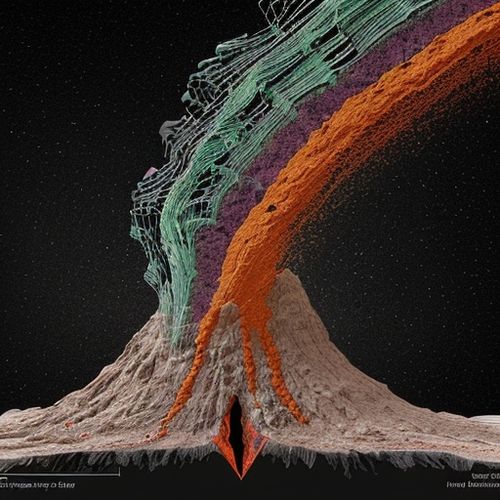
By Megan Clark/Apr 14, 2025
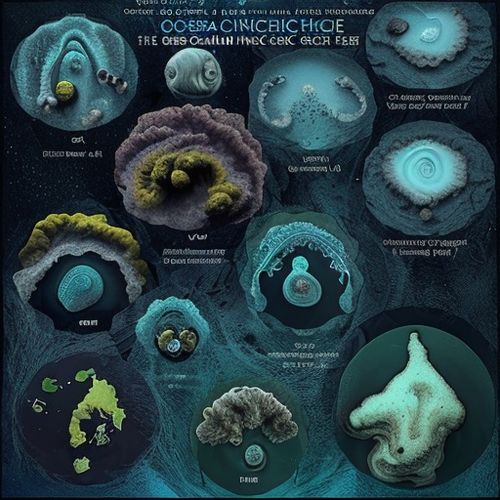
By Joshua Howard/Apr 14, 2025

By Sarah Davis/Apr 14, 2025

By Daniel Scott/Apr 14, 2025

By John Smith/Apr 14, 2025
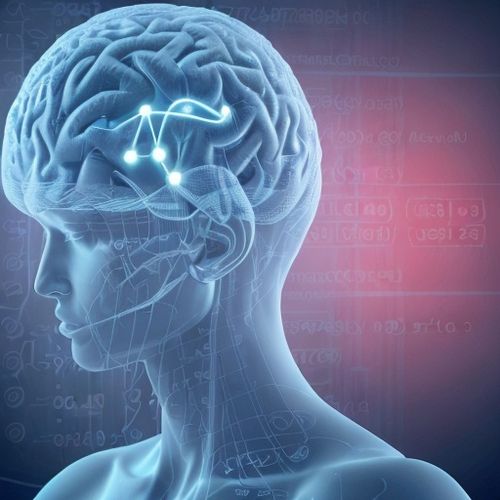
By James Moore/Apr 14, 2025

By Eric Ward/Apr 14, 2025

By Thomas Roberts/Apr 14, 2025

By George Bailey/Apr 14, 2025

By Victoria Gonzalez/Apr 14, 2025
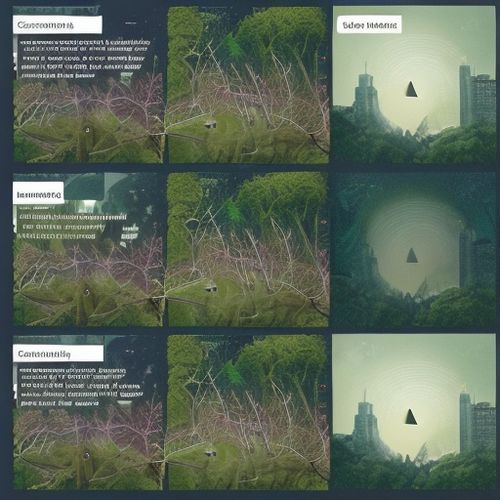
By David Anderson/Apr 14, 2025
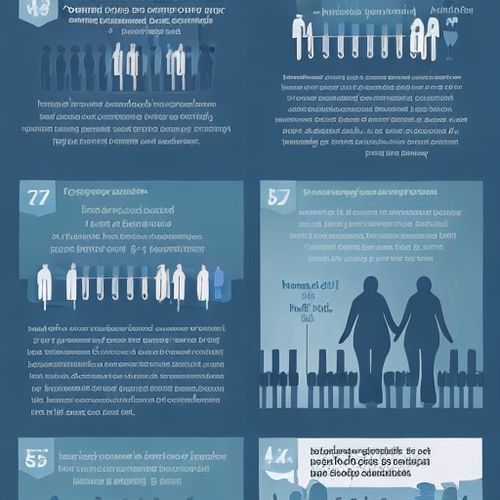
By Eric Ward/Apr 14, 2025
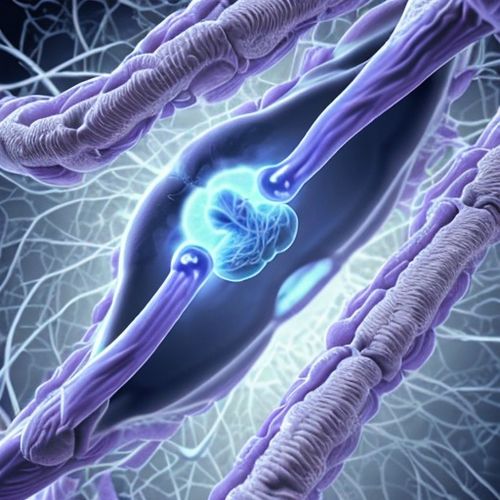
By James Moore/Apr 14, 2025